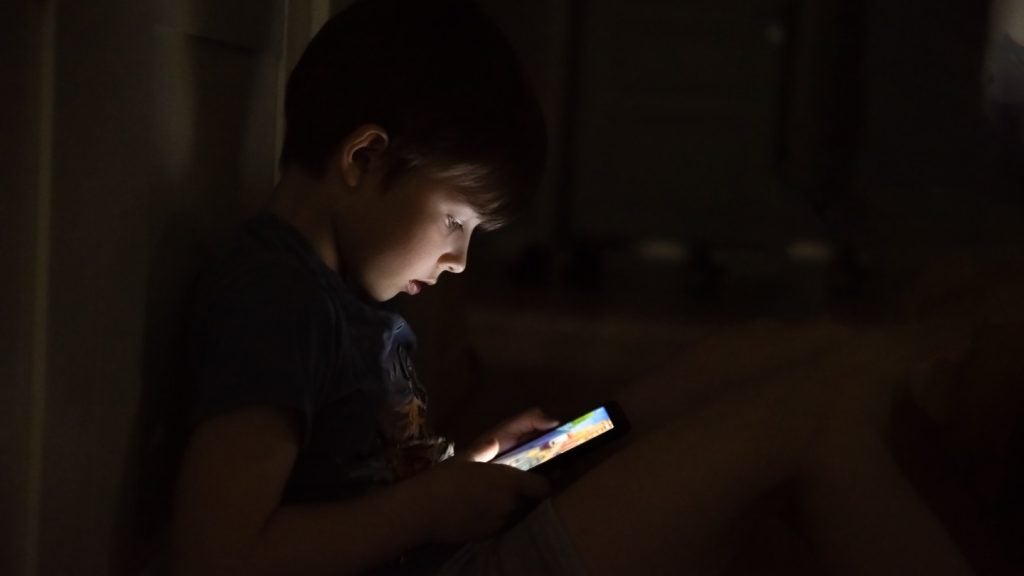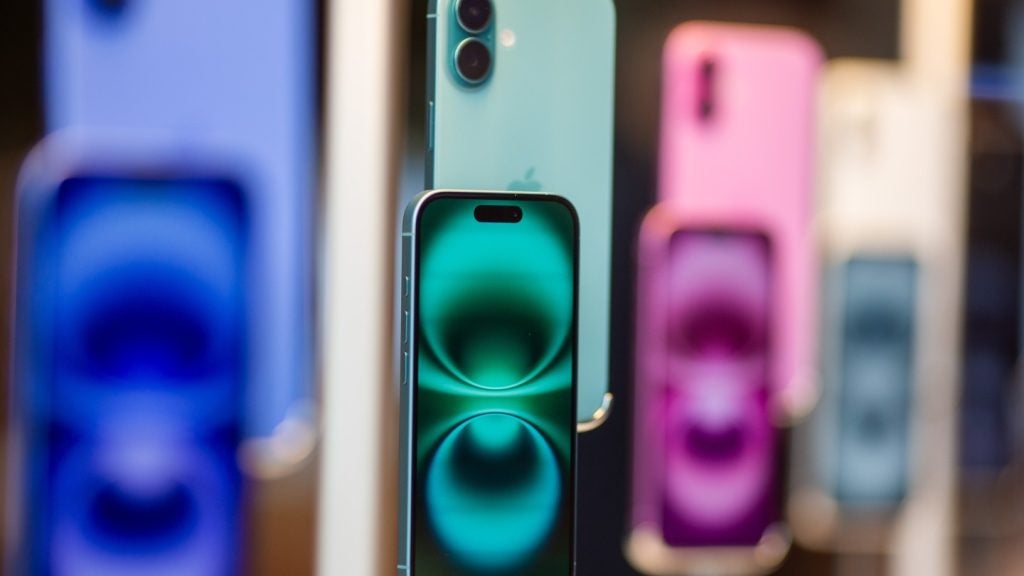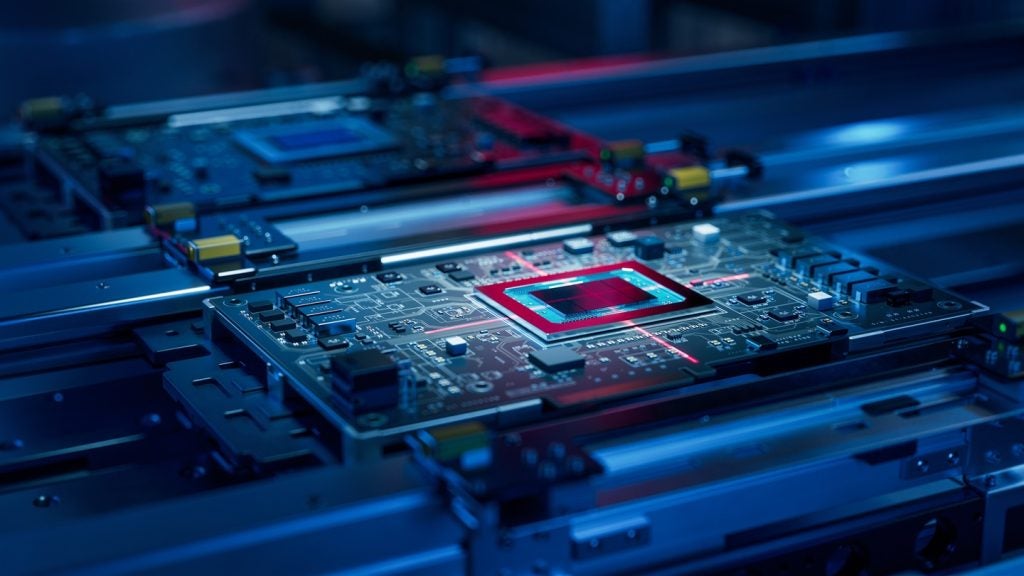With less than a week to go until Virgin Galactic’s next earnings release, the future of the space tourism industry (and the company’s position within it) remains far from clear. It has been over a year since the company made headlines by launching its first fully crewed mission. The flight took its founder and other employees to the thermosphere, making Richard Branson the first billionaire to fly their own spacecraft to the edge of space. At the time, the company was touted as the victor of the billionaire’s space race. However, since then, Virgin Galactic has had little to celebrate.
Enthusiasm for space tourism has waned
Multiple rounds of delays to its space tourism program have caused its first commercial passenger flight to be pushed back to spring 2023. Despite the optimism surrounding the initial space flight, the company has seen its share price fall 66.8% from last year. Although the company has attributed much of these delays to supply chain problems and fleet renovations, the company’s complex dual aircraft mission is proving difficult to deliver. In addition, the company’s slow progress raises serious questions as to whether it will ever be able to deliver the rapid turnaround times required to scale its commercial space flight business going forward.
Despite these delays, the company continues to fill its waiting lists at the hefty asking price of $450,000 per ticket. While booking deposits will go some way to buoy the company’s financial situation, Virgin Galactic reported a net loss of $111 million in Q2 2022. The company will also likely be impacted by the darkening macroeconomic outlook, with inflation driving increases in the raw materials required to manufacture and service its fleet. The company’s business model is also contingent on the super-rich, who may have second thoughts about splurging on an experience that is yet to materialize.
Branson is not the only billionaire having problems
Private competitor Blue Origin experienced a fiery launch failure that destroyed one of its uncrewed New Shepard rockets. While the abort mechanism worked, the US Federal Aviation Administration (FAA) grounded the rocket pending an investigation. The fallout of this event for Virgin Galactic is likely to be mixed. While the most avid space tourists may decide to take their business elsewhere and opt for Virgin Galactic’s sub-orbital offering instead, this impromptu pyrotechnic display will put many tourists off space flight altogether.
The fortunes of these two companies may paint a bleak picture of the future of space tourism, but billionaires are not the only players eyeing this market. Recent years have seen several space companies go private via special purpose acquisition company (SPAC) deals, including Rocket Lab. While the company has no immediate plans to enter the space tourism market, it is undoubtedly waiting in the wings. In addition to pioneering its reusable launch techniques, the company is also designing its new Neutron rocket with the capacity to carry human passengers. In an interview, Rocket Lab CEO, Peter Beck, disclosed that the company’s branch into space tourism would be contingent on the creation of space hotels.
A space tourism ecosystem is starting to emerge
In the meantime, companies such as Orbital Assembly, Axiom Space, Blue Origin, and Sierra Space have all announced ambitious commercial space station targets in the run-up to 2030. In Orbital Assembly’s case, this includes the creation of a space hotel that would be able to accommodate 400 people.
How well do you really know your competitors?
Access the most comprehensive Company Profiles on the market, powered by GlobalData. Save hours of research. Gain competitive edge.

Thank you!
Your download email will arrive shortly
Not ready to buy yet? Download a free sample
We are confident about the unique quality of our Company Profiles. However, we want you to make the most beneficial decision for your business, so we offer a free sample that you can download by submitting the below form
By GlobalDataWhile these targets may just prove to be talk, if companies do succeed in creating space hotels, companies such as Rocket Lab will be poised to take advantage. Companies with a track record of providing safe, reliable launches will play an instrumental role in addressing consumers’ safety concerns. Scaling the consumer confidence hurdle will be vital to space tourism becoming mainstream.







